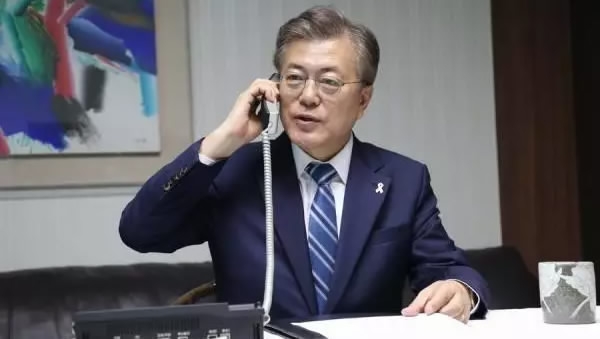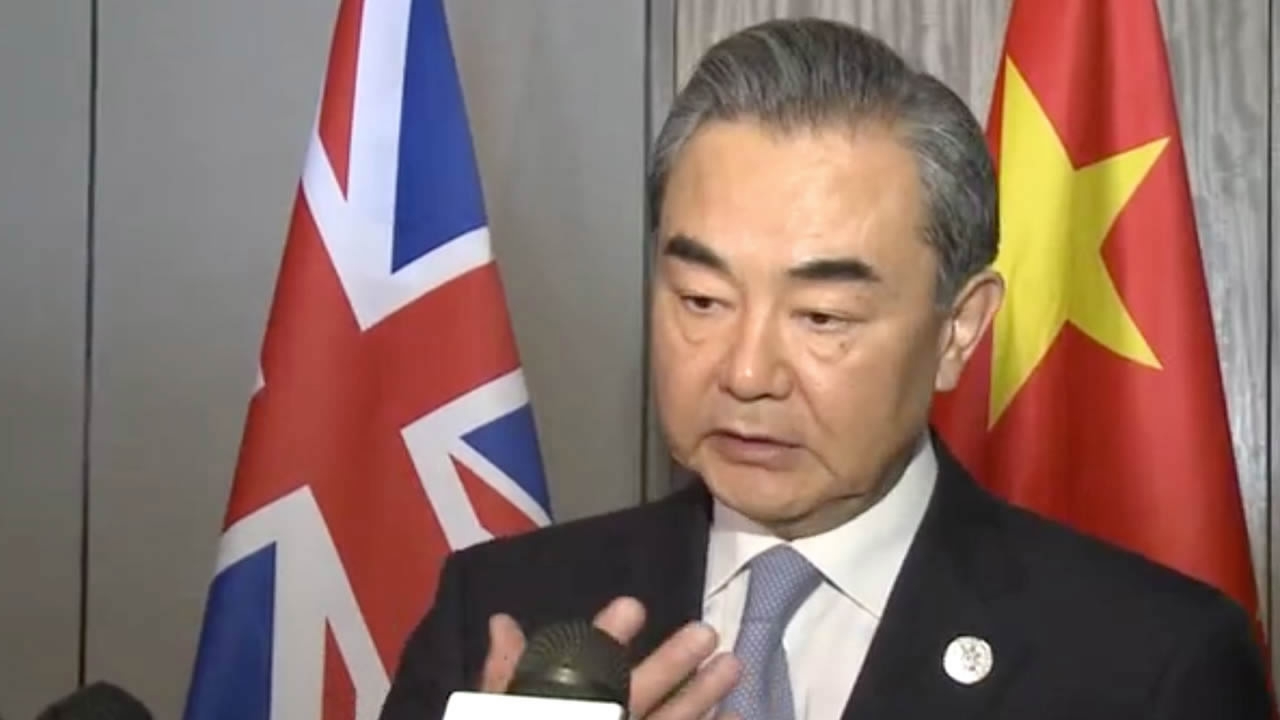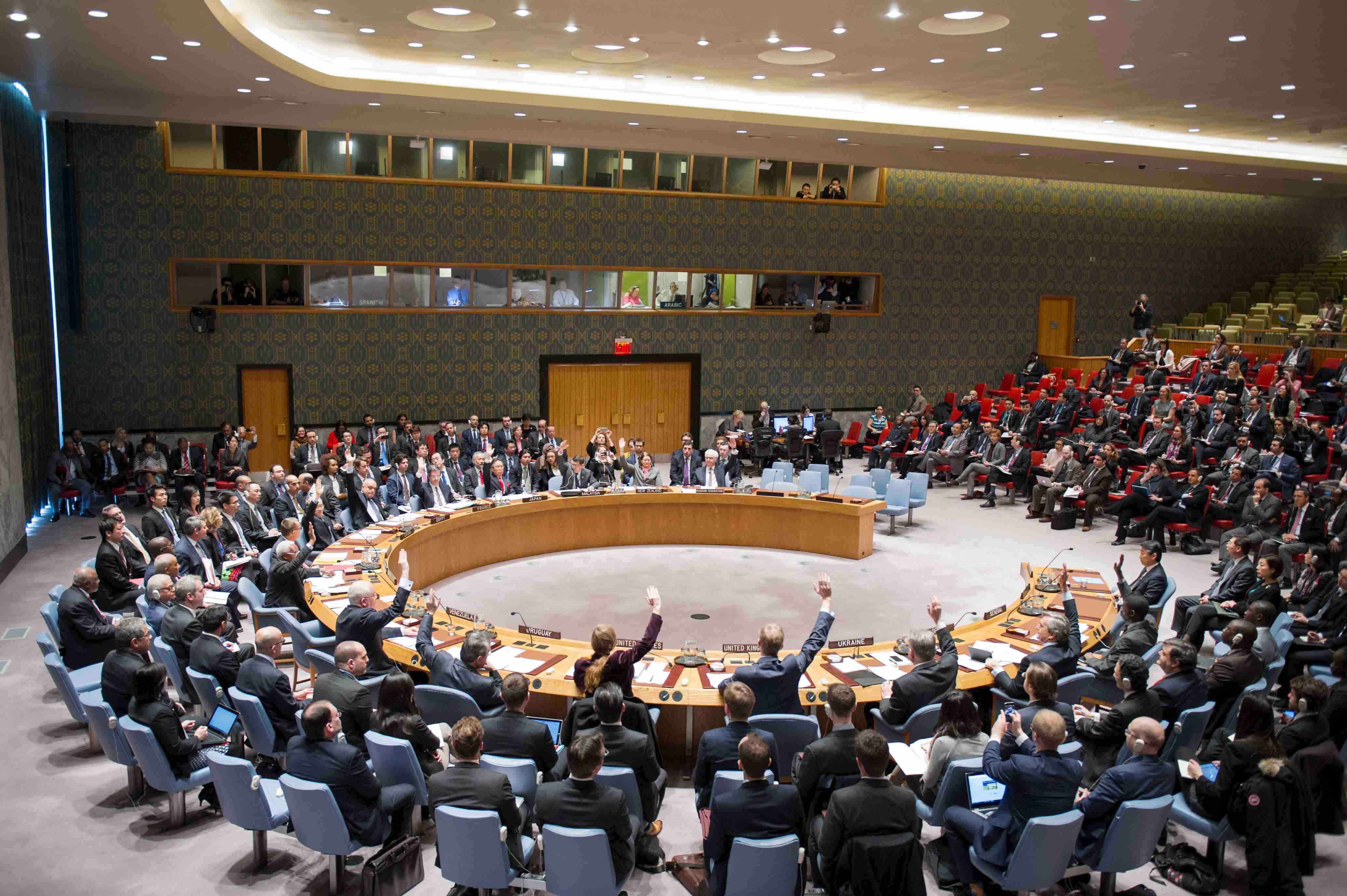
Politics
20:01, 07-Aug-2017
Opinion: Why Moon's peace initiative deserves a chance

By George N. Tzogopoulos on China.org.cn
In the aftermath of the ROK presidential election, hopes rose for a fresh attempt to stabilize the situation in the Korean Peninsula.
The new leader of the country, Moon Jae-in, whose term in power potentially lasts until 2022, has a rather ambitious approach vis-à-vis the DPRK. Acknowledging the deadlock of previous years, he seeks to give negotiations a fresh chance.
When he visited the U.S. towards the end of June to meet President Donald Trump, Moon said that “dialogue is necessary” because the problem had not been solved through sanctions or other pressures.

Moon seems to be a strong believer in the spirit of the Olympic Games. Even before revealing details of his peace plan, he urged the International Olympic Committee to help North Korea to participate in next year's Winter Games in the Pyeongchang area of the south.
In particular, he has suggested the two Koreas to form a joint team for Olympic Games and Paralympics. Although this is a symbolic gesture, sometimes important political initiatives can start from sports or culture.
Moving from symbolism to real politics, Moon also presented his peace plan for the Korean Peninsula a few weeks ago, briefing world leaders on it during the G20 Hamburg Summit.
In a speech in Berlin, he laid out his vision aiming at dismantling the Cold War framework, achieving denuclearization through peaceful means by 2020, accelerating reunification and avoiding a regime change by Pyongyang. Moon places particular emphasis on potential economic cooperation between the two sides and has, therefore, proposed the creation of different zones to foster interconnectedness.
Obviously, the country that first needs to collaborate with the ROK is its northern neighbor. Without Kim Jong Un's consent, the peace plan will be a non-starter. Initial indications are not positive. The DPRK media have criticized Moon's initiative while the recent test launches of intercontinental ballistic missiles had further complexity.
In cooperation with Seoul and Tokyo, Washington responded by flying bombers over the Korean Peninsula. It is even more worrying that it does not necessarily intend to seek formal UN Security Council approval. According to American ambassador to the UN Nikki Haley, “The time for talk is over.”

UN Security Council unanimously adopting resolution 2270(2016), imposing additional sanctions on the Democratic People’s Republic of Korea (DPRK) in response to the country’s continued pursuit of nuclear weapons and ballistic missile, in New York on March 2, 2016. /AFP Photo
UN Security Council unanimously adopting resolution 2270(2016), imposing additional sanctions on the Democratic People’s Republic of Korea (DPRK) in response to the country’s continued pursuit of nuclear weapons and ballistic missile, in New York on March 2, 2016. /AFP Photo
From the American perspective, the only big power – which is allegedly responsible for the ongoing crisis – is China. President Trump often tweets to express his skepticism. A few days ago, for instance, he wrote he was “disappointed in China” because “they do NOTHING for us with North Korea, just talk.”
On the whole, the U.S. is relying heavily on Beijing to help solve the problem. Convinced China can significantly influence Kim's behavior, should it seek to do so, the Trump administration is urging it to put economic pressure on Pyongyang and push it towards rational engagement with the international community.
Yet Washington's policy has limitations. Kim's future behavior does not depend on the Chinese administration in spite of geopolitical proximity. The ongoing escalation of tension is certainly alarming Beijing which sees the security of northeast China threatened.
Naturally, it considers any conflict an anathema. The regional and international implications of such an outcome cannot be foreseen, the scale of a war cannot be anticipated, and a huge flow of refugees from the DPRK to China would be created. Furthermore, Beijing is extremely wary of Washington's obvious desire to achieve regime change in Pyongyang, a development it believes could create greater instability.
China has proposed the Six Party Talks be relaunched. Their long-term goal would be to bring Pyongyang to the negotiations table and offer it motivation to cooperate that is currently absent.
Meanwhile, the American military presence is steadily increasing. The U.S. fleet around the Peninsula is expanding and the Terminal High Altitude Area Defense system (THAAD) has been partly deployed in South Korea – seen as an anti-Chinese American tactic.
Among all important powers dealing with the North Korean imbroglio, China is the only one which has endorsed Moon's peace initiative. Chinese Foreign Ministry spokesperson, Geng Shuang, has said that the country has always supported dialogue to improve ties between the ROK and the DPRK.
In contrast, former White House press secretary Sean Spicer appeared cool to the proposal, indicating that conditions were not yet right for discussions with Pyongyang. The Japanese government seems indifferent.
No doubt, the Moon's mediation idea is not perfect and his plan might be improved in the medium and long-term to better satisfy the various involved stakeholders following relevant consultations. If it is rejected, however, peace will lose another chance.
(George N. Tzogopoulos is a columnist with China.org.cn. The article reflects the author's opinion, not necessarily the view of CGTN.)
Related stories:

SITEMAP
Copyright © 2018 CGTN. Beijing ICP prepared NO.16065310-3
Copyright © 2018 CGTN. Beijing ICP prepared NO.16065310-3